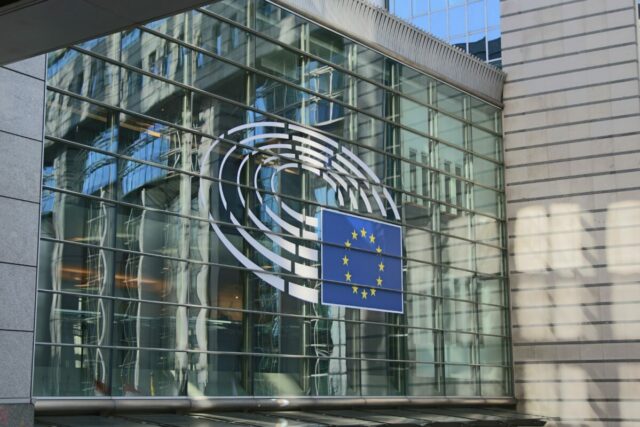CFA Institute calls on European policymakers, companies and investors to improve corporate governance in the European Union
CFA Institute, the global association of investment professionals, released a report that assesses the corporate governance and ESG disclosure challenges facing investors in the EU.
| The report finds that governance mechanisms in Europe still do not offer sufficient corporate accountability and protection of shareholder rights, and it makes recommendations for improvements. It also analyses the effects of incorporating environmental, social, and governance (ESG) practices in European companies’ business models.
Josina Kamerling, head of regulatory outreach for CFA Institute for the Europe, Middle East, and Africa (EMEA) region, commented:
| “Companies around the world have developed their own ESG integration policies, yet significant variations remain. Measuring and comparing those variations is a difficult task for investors. The Covid-19 pandemic highlighted that much work needs to be done to improve investor protection across Member States. Therefore, the EU has an opportunity to appeal to regulators, companies, and investors to shape corporate governance standards and increase their focus on ESG. Policymakers’ willingness to initiate a shift to more sustainable processes is clear, and the current crisis is likely to accelerate this transition. Regulation alone is not enough, however; it must be augmented by greater engagement between core constituents.”
Corporate Governance and ESG Disclosure in the EU comes at a crucial time when sustainable finance – including corporate governance – is at the top of the EU’s agenda, with policymakers looking to shape legislation in this field. It analyses the impact that recent initiatives around ESG disclosure have had on the industry and makes the following recommendations for future implementation:
- The EU and national regulators should further improve the rules on the exercise of shareholder rights and accountability for minority investors;
- The practice of differential ownership rights across the EU should be discouraged;
- The European Commission should focus on the inconsistencies between the EU legislations around the disclosure of ESG and non-financial information to enhance clarity and avoid misinterpretations from organizations and investors;
- The definition of materiality needs to be reinforced to ensure its intended purpose. Moreover, clear and consistent language between the Sustainable Finance Disclosure Regulation (SFDR) and the Taxonomy Regulation would help investors have a better understanding;
- EU companies should be encouraged to include stakeholders’ interests and a longer-term horizon in their investment decision-making process;
- Firms should build a more effective and consistent dialogue with shareholders to ensure that board directors, management, and investor needs are better aligned. This effort should be monitored by national supervisors and at the EU level;
- Investors should be more proactive in influence decisions when engaging with companies;
- If virtual or hybrid annual general meetings (AGMs) will continue to be held in the future after gathering restrictions are lifted, organizations should address practical and technical barriers that have prevented shareholders from effectively exercising their rights.
Overall, the report finds that several important obstacles remain in the EU for the greater development of ESG practices. Although EU regulators seem to have moved towards a common definition of ‘sustainability’, there is no consensus among European investors and market participants on the definition of ‘ESG’.
Other important obstacles for investors include the lack of transparency of corporate governance practices, and misalignment of different EU regulations.
| All opinions expressed are those of the author or content provider. investESG.eu is an independent and neutral platform dedicated to generating debate around ESG investing topics.








